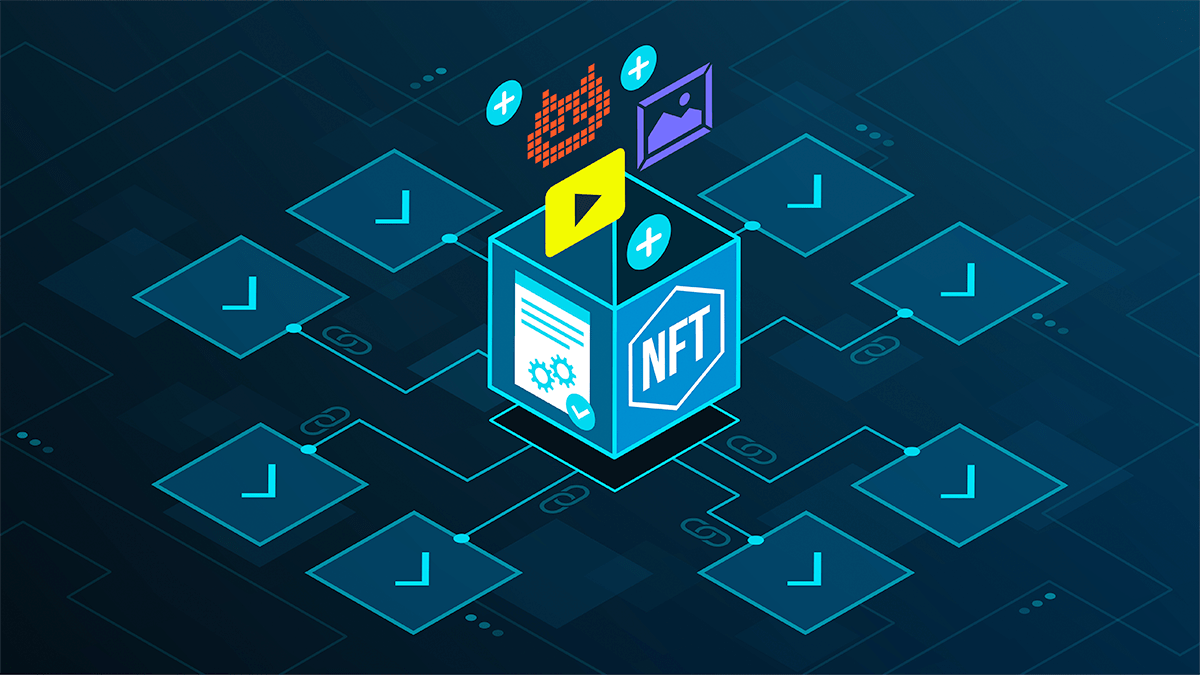Introduction
NFT gaming has taken the gaming and cryptocurrency world by storm, offering players a chance to earn real-world value from their in-game achievements. But with hype comes controversy—are NFT games truly worth your time and investment? In this article, we explore the mechanics, benefits, risks, and future potential of NFT gaming to help players and investors make informed decisions.
What Are NFT Games?
NFT games, or Non-Fungible Token games, are blockchain-based video games where in-game assets, such as characters, skins, or virtual land, are represented as unique digital tokens. Unlike traditional games where players lease or license in-game items, NFTs provide true ownership that can be traded or sold on blockchain marketplaces.
How NFT Games Differ from Traditional Games:
- Ownership: Players fully own digital assets, not just a license.
- Play-to-Earn Models: Gameplay can generate cryptocurrency or NFTs with real-world value.
- Transparency: Blockchain ensures verifiable and tamper-proof transactions.
- Interoperability: NFTs can sometimes be used across multiple games or platforms.
This new paradigm empowers gamers to monetize their skills and creativity while participating in digital economies.
How Blockchain Powers NFT Games
Blockchain is the underlying technology that enables NFT games to function securely and transparently.
Key Blockchain Features in NFT Gaming:
- Smart Contracts: Automate transactions, rewards, and royalties reliably.
- Digital Ledger: Provides a verifiable history of ownership and transactions.
- Security: Protects digital assets from duplication or unauthorized use.
- Decentralization: Reduces dependency on central servers, allowing peer-to-peer trading and control.
Platforms like Ethereum, Solana, and Polygon have become popular choices due to their robust infrastructure and NFT compatibility.
Benefits of NFT Gaming
NFT gaming brings several advantages to players, developers, and investors:

- Play-to-Earn Opportunities: Gamers can earn cryptocurrency or NFTs as they play, creating a potential income stream.
- True Digital Ownership: Players control their assets and can trade or sell them at market value.
- Interoperability: Some NFTs can be used in multiple games, increasing their utility and value.
- Community Engagement: Players can participate in governance, helping shape the development of games.
- Investment Potential: Rare NFTs can appreciate in value, offering speculative investment opportunities.
These benefits make NFT gaming more than just entertainment, appealing to both gamers and crypto enthusiasts alike.
Popular NFT Games and Platforms
Several NFT games have gained mainstream attention for their innovation and potential earnings:
- Axie Infinity: A battle and breeding game where players earn SLP tokens, tradable for real-world currency.
- Decentraland: A virtual world with land ownership, events, and commerce opportunities.
- The Sandbox: A creative metaverse platform allowing players to build, monetize, and trade virtual assets.
- Gods Unchained: A digital card game where rare cards are NFT assets players can trade or sell.
- Illuvium: Open-world RPG featuring collectible NFT creatures that can be battled and traded.
Each of these platforms demonstrates the growing intersection between gaming, finance, and virtual economies.
Risks and Controversies
Despite the opportunities, NFT gaming is not without risks:
- Market Volatility: NFT prices and in-game tokens fluctuate, sometimes dramatically.
- Scams and Frauds: Some new games may be unsustainable or deceptive.
- Environmental Concerns: Proof-of-work blockchains consume significant energy, raising sustainability issues.
- Regulatory Uncertainty: Laws surrounding NFTs and cryptocurrencies are evolving, and legal protections may vary.
Being aware of these risks is crucial for responsible participation in NFT gaming.
Sustainability and Ethical Considerations
As NFT games gain popularity, sustainability has become a concern. Developers are exploring energy-efficient blockchain networks like proof-of-stake systems to reduce environmental impact.
Ethically, players should consider:
- Fair gameplay mechanics
- Transparency in rewards and economics
- Avoiding speculative overreach
By prioritizing sustainability and ethics, the NFT gaming industry can become more resilient and credible.
The Future of NFT Gaming
The potential of NFT gaming extends far beyond individual titles:
- Metaverse Integration: Players can trade, socialize, and earn across interconnected virtual worlds.
- Player-Driven Economies: Gamers influence virtual economies and governance decisions.
- Cross-Platform Interoperability: NFTs may become functional across multiple games and platforms, enhancing value.
- Digital Asset Investment: Rare NFTs and virtual land may offer long-term appreciation potential.
The future of gaming is increasingly player-centric, with NFTs enabling ownership, financial opportunities, and social interaction.
Conclusion
So, are NFT games worth it? The answer depends on your goals. For gamers seeking fun with potential financial rewards, NFT games offer innovative experiences. For investors, they present speculative opportunities. However, risks like volatility, scams, and regulatory uncertainty must be acknowledged.
Ultimately, NFT games represent the future of digital ownership and play-to-earn economies, merging gaming with blockchain-driven financial and social systems. Informed participation can yield both entertainment and investment value.

